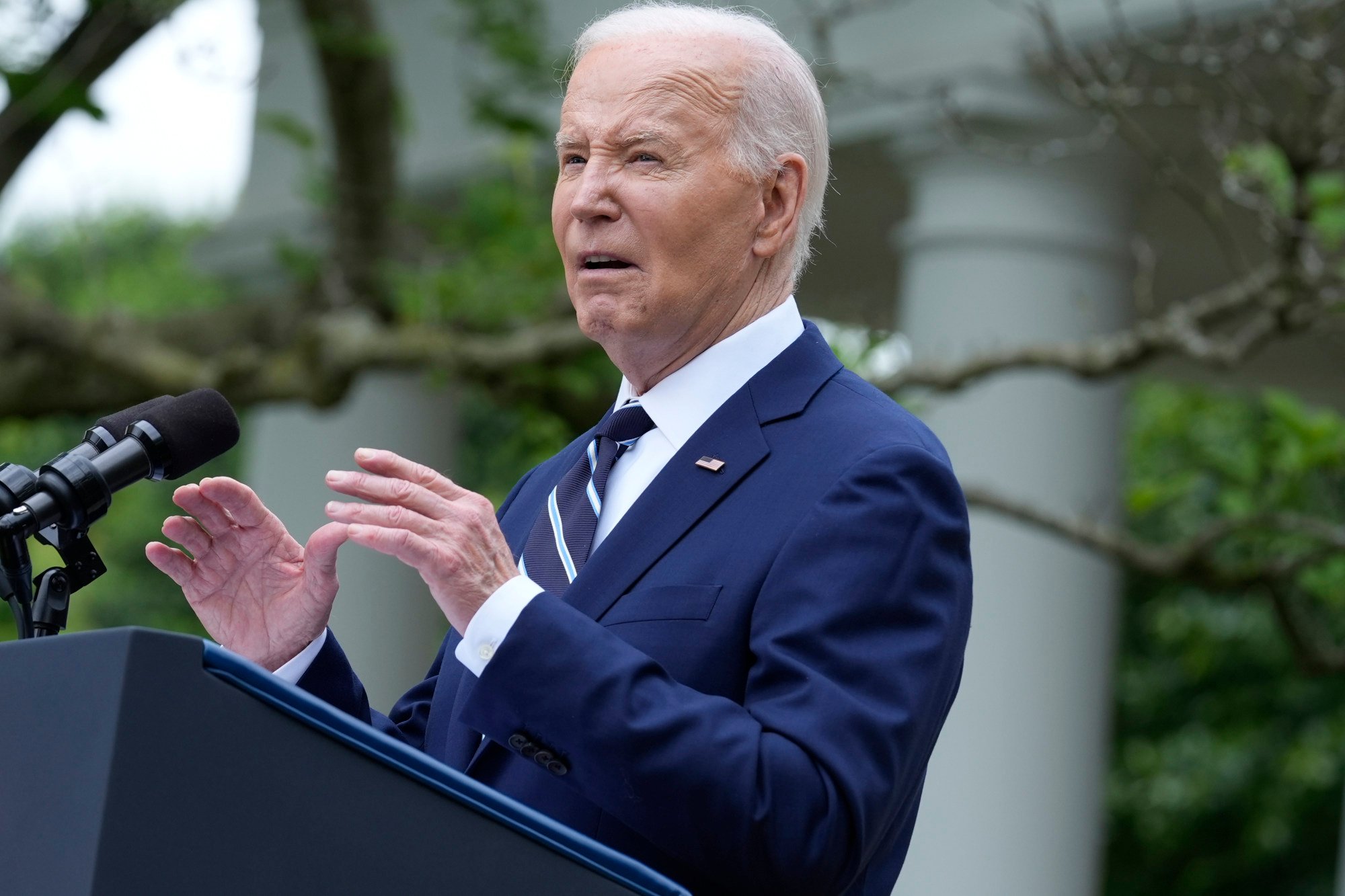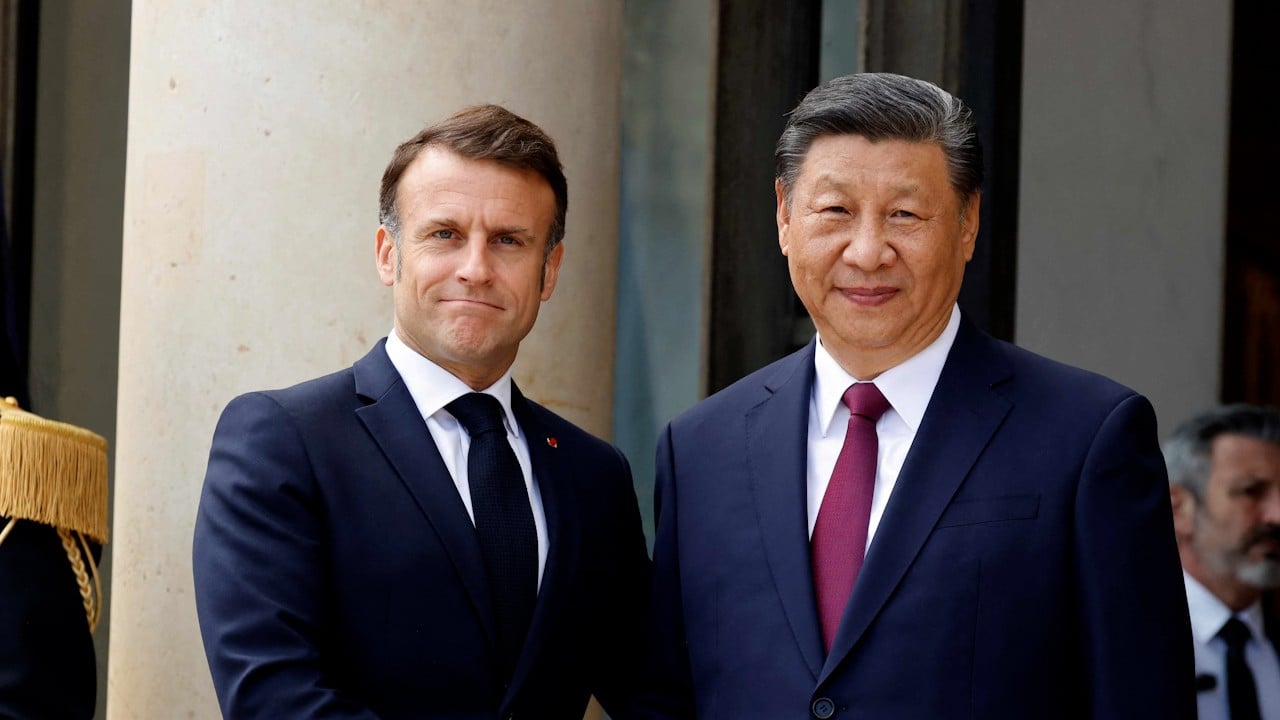
China considering car tariffs to retaliate against US and EU moves, trade group says
- China Chamber of Commerce to the EU (CCCEU) says ‘China may consider increasing temporary tariff rates on imported cars equipped with large-displacement engines’
- Washington has announced tariff hikes on a wide range of Chinese goods, while Brussels has taken actions to tackle Chinese subsidies to various industries
China is considering raising tariffs on some car imports, according to a prominent business group, a move that would counter EU and US trade actions against Chinese-made electric vehicles.
In a statement on Tuesday evening, the China Chamber of Commerce to the EU (CCCEU) announced that it had been “informed by insiders that China may consider increasing temporary tariff rates on imported cars equipped with large-displacement engines”.
The Brussels-based group was firming up a threat that had been reported by Global Times, a Chinese state-owned tabloid.
“This potential action carries implications for European and US carmakers, particularly in light of recent developments such as Washington’s announcement of tariff hikes on Chinese electric vehicles and Brussels’ preparations for preliminary measures in a high-profile anti-subsidy investigation into Chinese EVs,” the chamber statement read.
The warning comes as trade ties between China and Western powers fray, with conditions expected to worsen in the weeks ahead.

The European Union has embarked on a series of high-profile moves to tackle Chinese subsidies to various industries, which it says are distorting the European single market. In the most prominent case, Brussels is expected to finalise an investigation into subsidies in China’s EV sector by June 6, with provisional tariffs to be applied in early July.
Beijing has indicated that it won’t take either gambit lying down. On Sunday, the Chinese Ministry of Commerce announced an anti-dumping investigation into imports of polyoxymethylene copolymer – a chemical commonly used in automotive engineering – from the US, EU, Japan and Taiwan.
It has already started probing alleged dumping in the European brandy sector, seen to target France’s cognac exports. Paris has been a strong supporter of a tougher EU trade policy towards China.
While the United States and China have been engaged in a trade war for years, some speculate that the EU is on the verge of a conflict of its own with Beijing.
European Commission President Ursula von der Leyen tried to play down that prospect on Tuesday, but confirmed that her hardline policies would endure should she secure another term in office after next month’s European Parliament elections.
“I don’t think that we are in a trade war. I have the motto: ‘de-risk not decouple’, and I think here it’s very clear we are in the category of de-risking from China. We have decoupled from Russia,” von der Leyen said during a debate of candidates for the commission’s top job Tuesday evening in Brussels.
But von der Leyen dampened speculation that this would happen.
“We share some of the concerns of our counterparts but we have a different approach, much more tailored approach,” she said.
“The US has put blanket tariffs on many products. But we have launched an investigation [into Chinese EVs], I think it’s eight months ago, according to WTO rules, so the investigation is still ongoing.”
“But should it be confirmed … that such subsidies exist, then I can guarantee that the level of the duties we would impose is correspondent to the level of damage, so much more targeted, much more tailored.”
The average EU duty applied to goods following anti-subsidies investigations is 19 per cent. Chinese cars already face a 10 per cent tariff upon arrival to the EU market.


